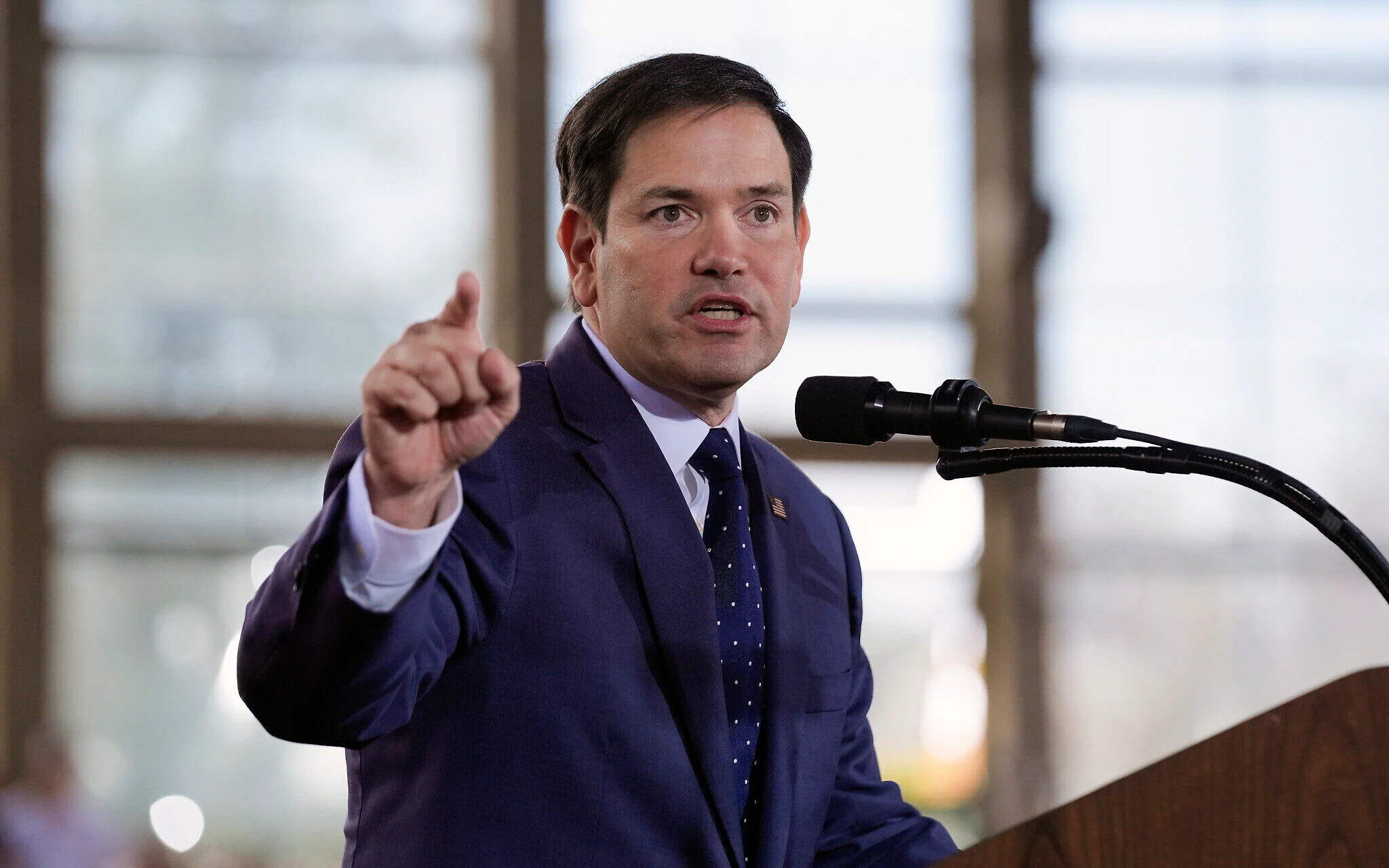House Speaker Mike Johnson will try against the odds to muscle a Republican budget blueprint to passage this week, a step toward delivering President Donald Trump’s “big, beautiful bill” with $4.5 trillion in tax breaks and $2 trillion in spending cuts over stiff opposition from Democrats — and even some Republicans.
With almost no votes to spare in Johnson’s bare-bones GOP majority, the Speaker is fighting on all fronts — against Democrats, uneasy rank-and-file Republicans and skeptical GOP Senators — as he works to keep the package on track. Votes set for Tuesday evening are in jeopardy, and the outcome is uncertain.
“We’re going to get everyone there,” Johnson, of Louisiana, said at an event at the start of the week, half-joking that he had a “prayer request” involved.
The package, if approved, would be a crucial part of the budget process as Trump pushes the Republicans who control Congress to approve a massive bill that would extend tax breaks, which he secured during his first term but are expiring later this year, while also cutting spending across federal programs and services.
Slashing government is not always popular at home
But Republicans are running into a familiar problem: Slashing federal spending is typically easier said than done. With cuts to the Pentagon and other programs largely off limits, much of the other government outlays go for health care, food stamps, student loans and programs relied on by their constituents.
It’s all unfolding as billionaire Trump adviser Elon Musk is tearing through federal agencies with his Department of Government Efficiency firing thousands of workers nationwide, and angry voters are starting to confront lawmakers at town hall meetings back home.
“While we fully support efforts to rein in wasteful spending and deliver on President Trump’s agenda, it is imperative that we do not slash programs that support American communities across our nation,” wrote U.S. Rep. Tony Gonzales, a Texas Republican, and several other GOP lawmakers in the Congressional Hispanic Conference.
Democrats protest tax cuts for wealthy
Democrats in the House and the Senate are vowing to fight the whole process. House Democratic Leader Hakeem Jeffries of New York was planning to gather lawmakers on the Capitol steps in protest during Tuesday’s session.
“This is not what people want,” said U.S. Rep. Jim McGovern, a Massachusetts Democrat, during a rules debate ahead of planned votes.
“We all know that trickle-down economics,” he said about the 2017 tax breaks that flowed mainly to the wealthy, “don’t work.”
Trump has signaled a preference for the “big” bill but also appears to enjoy a competition between the House and the Senate, lawmakers said, as he pits the Republicans against each other to see which version will emerge on a path toward approval.
Senate Republicans, wary that Johnson can lift his bill over the finish line, launched their own scaled-back $340 billion package last week. It’s focused on sending Trump money his administration needs for its deportation and border security agenda now, with plans to tackle the tax cuts separately later this year.
“I’m holding my breath. I’m crossing my fingers,” said Republican U.S. Sen. John Cornyn of Texas, who said he is rooting for the House’s approach as the better option. “I think a one-shot is their best opportunity.”
The House GOP faces pitfalls ahead
Johnson, whose party lost seats in last November’s election, commands one of the thinnest majorities in modern history, which means he must keep almost every Republican in line or risk losing the vote.
Already, several lawmakers have objected to the package either because it cuts too much or because it doesn’t cut enough.
The most conservative Republicans warn it will pile onto the nation’s $36 trillion debt load, because the cost of the tax breaks, at least $4.5 trillion over the decade, outweighs the $2 trillion in spending cuts to government programs.
More moderate Republican lawmakers worry that the enormous budget cuts being eyed — some $880 billion to the committee that handles health care spending, including Medicaid, for example, or $230 billion to the agriculture committee that funds food stamps — will be too harmful to their constituents back home.
GOP leaders are trying to convince lawmakers that the details will be debated in the weeks to come and that this week’s vote is just a first step.
The budget is being compiled during a lengthy process that first sends instructions to the various House and Senate committees, which will then have several weeks to devise more detailed plans for additional debate and votes.
“The committees need time to go work to find savings,” said Majority Leader Steve Scalise, a Louisiana Republican. “But we can’t even get to that if we don’t get through the budget. So, we’ve got to get the first step done later this week.”
Ten House GOP Chairs of the committees involved issued a joint statement in a show of force to push the package forward.
“The House’s ‘one big beautiful bill’ delivers on the entirety of President Trump’s policy agenda,” they wrote in a letter obtained by The Associated Press. “We must meet this historic moment with the bold action it requires.”
U.S. Rep. Jodey Arrington, the Republican Chair of the House Budget Committee, told reporters he recognizes the tension between Republicans who want more cuts and those from politically competitive districts who “have a higher level of sensitivity to some of the spending reforms.”
Arrington said with economic growth assumptions, from 1.8% as projected by the nonpartisan Congressional Budget Office to 2.6% as projected by House Republicans, the package would generate about $2.6 trillion in savings over 10 years and would ensure the plan helps reduce the deficit.
Some fiscal advocacy groups view the GOP’s economic projections as overly optimistic.
___
Republished with permission of The Associated Press.
Post Views: 0

 Entertainment8 years ago
Entertainment8 years ago
 Entertainment8 years ago
Entertainment8 years ago
 Politics8 years ago
Politics8 years ago
 Tech8 years ago
Tech8 years ago
 Tech8 years ago
Tech8 years ago
 Tech8 years ago
Tech8 years ago
 Politics8 years ago
Politics8 years ago
 Entertainment8 years ago
Entertainment8 years ago










